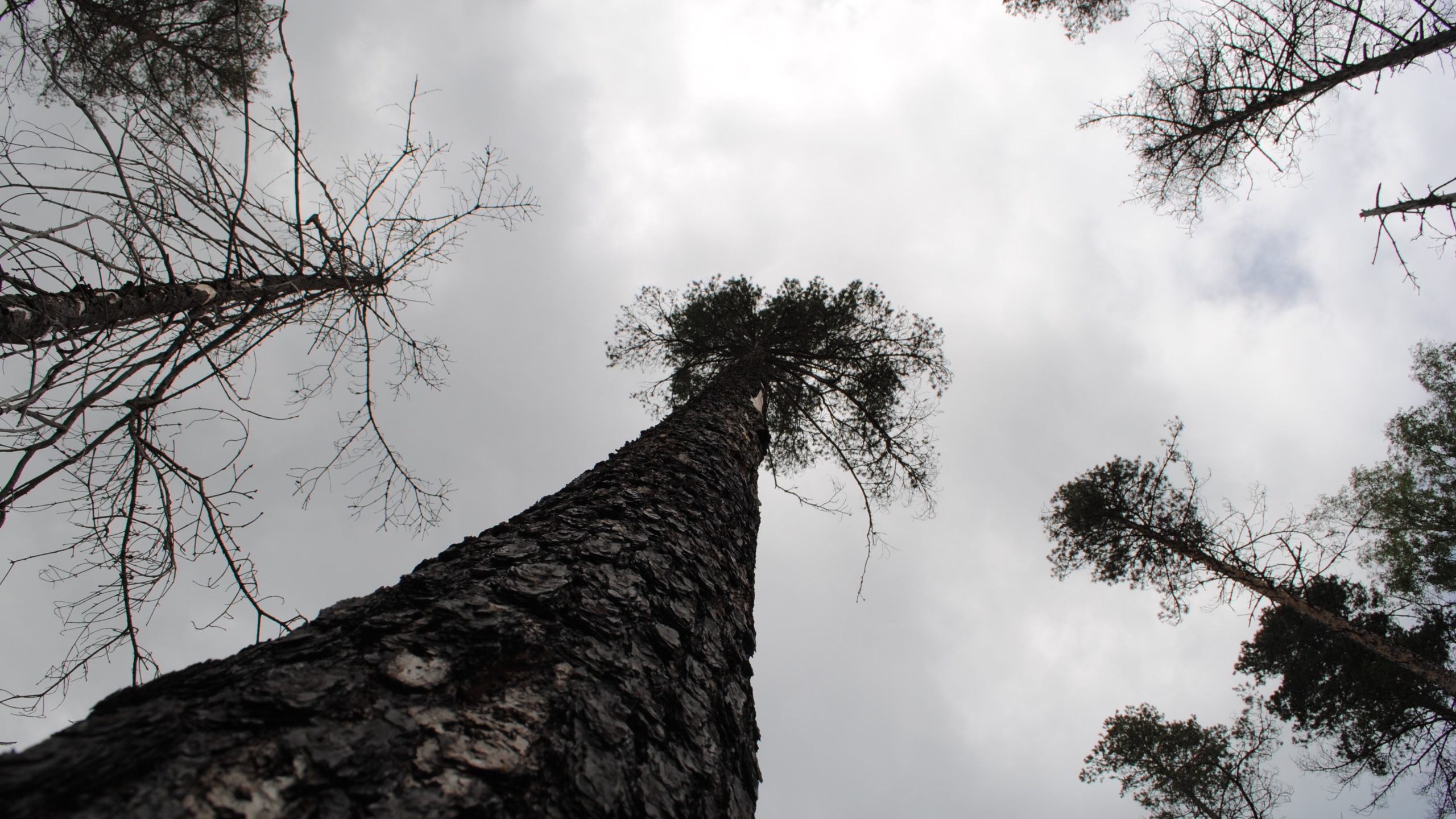
Ezekiel 19:1-3, 10-14
A Women’s Lectionary – Proper 20
1 As for you, raise upA a lamentationB for the princesC of Israel,D
2 and say:
What a lionessE was your motherF
amongG lions!H
She lay downI amongJ young lions,K
rearingL her cubs.M
3 She raised upN oneO of her cubs;
he becameP a young lion,
and he learnedQ to catchR prey;S
he devouredT humans.U
10 Your mother was like a vineV in a vineyardW
transplantedX by the water,Y
fruitfulZ and full of branchesAA
BBfrom abundantCC water.
11 Its strongestDD stemEE became
a ruler’sFF scepter;GG
it toweredHH aloftII
amongJJ the clouds;KK
it stood outLL in its heightMM
with its massNN of branches.OO
12 But it was plucked upPP in fury,QQ
cast downRR to the ground;SS
the eastTT windUU driedVV it up;
its fruitWW was stripped off;XX
its strong stem was withered;YY
the fireZZ consumedAAA it.
13 Now it is transplanted into the wilderness,BBB
into a dryCCC and thirstyDDD land.EEE
14 And fire has gone outFFF from its stem,
has consumed its branchesGGG and fruit,
so that there remainsHHH in it no strong stem,
no scepter for ruling.
This is a lamentation, and it is usedIII as a lamentation.
Image credit: “The crown of the cored pine in a wild fire area, N Hörken, Ljusnarsberg, Sweden. Wildfire area on a ridge between a road and the lake Norra Hörken. Early summer for years after the fire” by Taxelson, 2010.
